WHY YOUR ADVISOR NEEDS A PROFESSIONAL DESIGNATION
Quite frankly, it is not very difficult to become a self-proclaimed "financial advisor."
In many other fields, there is a much more rigorous process to hold the desired title. To be a licensed attorney, you must pass the bar exam (after attending law school). To be a registered nurse, you must pass the NCLEX (after graduating from nursing school). To be a financial adviser, you must pass a 50 question state insurance exam or a 100+ question investment exam (known as the series 6, series 7 or series 65 exams). That is it!! No specific schooling, no real training -- just get over 70% correct on an exam, and you're in. In addition, some of the larger "wire house" firms send their prospective advisors through a 1-3 month training program to give a baseline of information in the financial industry and teach how to go through the sales process before turning them loose. I can assure you this, you don't learn everything needed to assist in making these complex decisions during a 3 month training period!
There are a couple of ways however to make sure your financial adviser that you choose has the prerequisite knowledge to be able to assist you and your family. Broker Check allows you to look up the professional background of securities brokers and investment advisers, as well as their firms. Seeking out advisers with professional designations is the other. In my industry, the most recognized of which is the CFP® designation. This stands for Certified Financial Planner. In addition to a qualifying undergraduate degree, a CFP candidate must take several advanced courses covering investments, taxes, estate planning, insurance and the financial planning process. Once they have completed the coursework, they must take an intense cumulative exam (when I passed the exam it was a 10 hour test spread over 2 days). In addition to the coursework and the exam, a candidate cannot use their marks until they have 3 years of financial planning experience. Finally, every CFP® professional must complete 30 hours of continuing education during each reporting period. There are also many other useful designations that are dedicated to more specific needs within the industry.
So why are designations so important? After going through the process on 2 separate occasions, I can tell you this: The letters after someone's name aren't actually what matters, it is the education acquired while obtaining those "letters" that makes it so valuable. As I mentioned above, almost anyone can be a "financial advisor," but to go through a professional designation program proves that you know the process, tools, and systems most important to the profession. Professional Designations are the key to harnessing the confidence, credibility, and knowledge that our clients need when we assist in making important life decisions with them.
Now while designations are important for determining if a financial adviser has knowledge and expertise in his or her respective field, they are not proof of honesty, trustworthiness, or attitudes towards putting their clients' needs first. When looking for a financial adviser, you should first start with this short checklist:
It is important to select someone that you feel like you can trust.
The decisions you make with your financial adviser are going to be some of the most important ones of your adult life. You need to be comfortable in discussing personal information and trusting in the person you have picked to assist you in making those decisions is paramount.
You should look to the financial advisers experience, both in general and dealing with families in situations similar to yours (retirement age, business owners, young and growing families, Millennials, and so on)
Would you willingly sign up for a doctor's first surgery? How about the first ever LASIK eye surgery? Then why would you want to be your financial adviser's first crack at it?
It is important that your financial adviser takes the time to understand you and what's important to you.
You do not want to be just a number or a sales goal to your advisor. Each client’s situation is unique, and will take time to decipher which strategy is best for you.
Going through the process of finding the perfect Financial Adviser for your situation can be a daunting task. Fortunately, there are resources and tools available to assist you in finding the perfect match.
Sources to Get Additional Information:
https://www.finra.org/investors/professional-designations/cfp
https://www.finra.org/investors/professional-designations/chfc
Bill Cardwell - President of Aurora Financial Strategies
Bill Cardwell is the founder and President of Aurora Financial Strategies, a financial advisor practice based out of Kokomo, Indiana. He can be reached at billy@billycardwell.com or by calling (765)438-4682. Advisory Services are offered through Creative Financial Designs, Inc., A Registered Investment Advisor, and Securities are offered through cfd Investments, Inc, a Registered Broker/Dealer, Member FINRA & SIPC. Aurora Financial Strategies is not Owned or Operated by the CFD companies
